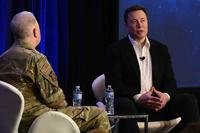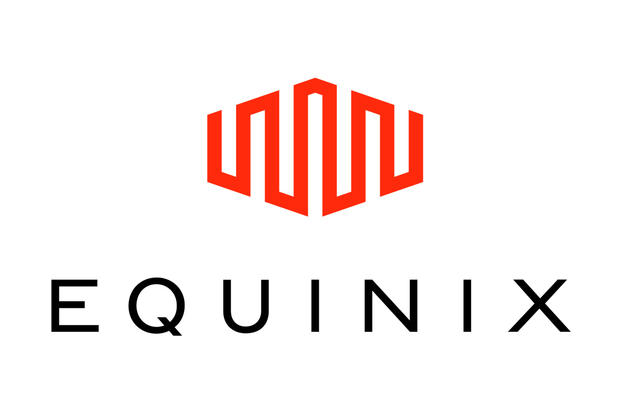Employers struggle with hiring military veterans for many reasons: Perhaps the employer is unable to create and promote a solid business case to support designing a veteran hiring initiative, or maybe they lack the understanding and training to adapt and scale their systems to accommodate non-traditional resumes and candidates, or possibly they just don't know where to start…
In the many years I’ve worked alongside employers, large and small, to create and grow veteran hiring initiatives, one thing remains consistent: Access to insight, resources, and tools seems to be overwhelming.
For insight into hiring, engagement and development of veteran talent, I recently spoke to Evan Guzman a specialist in designing, building and implementing a successful hiring initiative. Recently, Guzman left his post as Head of Talent Acquisition and Military Engagement at Verizon. During his tenure, Verizon was ranked #1 “Best for Vets” company for two consecutive years, 2015 and 2016.
Here are Evan’s insights:
Lida: What do you see as the biggest need for employers interested in hiring veterans?
Evan: I believe more companies would embrace the business case for engaging with veterans if recruiters and hiring managers better understood the "Return On Military Experience" {R.O.M.E} veterans bring to the private sector. When an employer hires a veteran, they gain a new set of skills, experience and job training unmatched in the civilian sector. And for companies who seek to improve their employer and consumer brand they need to embrace and see the full impact of engaging with veterans.
Also, I am a big believer in storytelling. If companies offered opportunities for veteran employees to share their personal stories on what it’s like to join the military, to serve, to sacrifice, and to share what they learned along the way, I think people will begin to understand and realize the correlation between business performance and success and the overall military mission objective of those who served.
Lida: We know that amongst companies that hire veterans, retention has emerged as a problem. What advice can you offer for companies concerned about the retention and development of veteran talent?
Evan: Employee engagement is key to stronger retention. Retention is not just a human resource function: It should be a collaboration focus between cross-functional teams such as Marketing, Diversity & Inclusion, and Corporate Social Responsibility (CSR). Retention is about empowering employees with an opportunity to give back in a very personal and meaningful. One of the best retention efforts I’ve seen is to allow for veterans to support veteran causes or programs related to mentorship, community engagement, and special events that allow employees to get directly involved and give back in a personal way.
Another good retention strategy would be to encourage veteran employees, military spouses and/or veterans advocates to give feedback and share ideas on the best ways to support the military community. You will be surprised by the creative ideas you hear back and how engaged employees will get.
Lida: Why do you think companies struggle to operationalize their veteran hiring initiative?
Evan: Every business must build a sustainable and functional process for hiring veterans. However, I see too much focus on the mechanics of the process versus finding creative ways to attract veterans while simultaneously increasing their employer branding. Employers can solve for this problem by working cross-functionally with other departments. When HR works closely with marketing, CSR and other teams by combining all efforts, it tells a better story about a company’s brand.
To attract top talent, you must market your brand to both consumers and job seekers alike. Leverage the fact that statistics support that customers, vendors and business partners favor doing business with companies who support our military. Hiring and engaging veterans is a win-win for business and veterans.
Lida: As a “Chief Veteran Advocate” who is passionate about serving those who have served, what are you most proud of in your career so far?
Evan: First, I am most proud of helping thousands of veterans and military spouses find good jobs. Next, I take pride in having lead a team that harnessed my passion and created a pathway to include veteran hiring into the ecosystem of a very large and complex organization.





